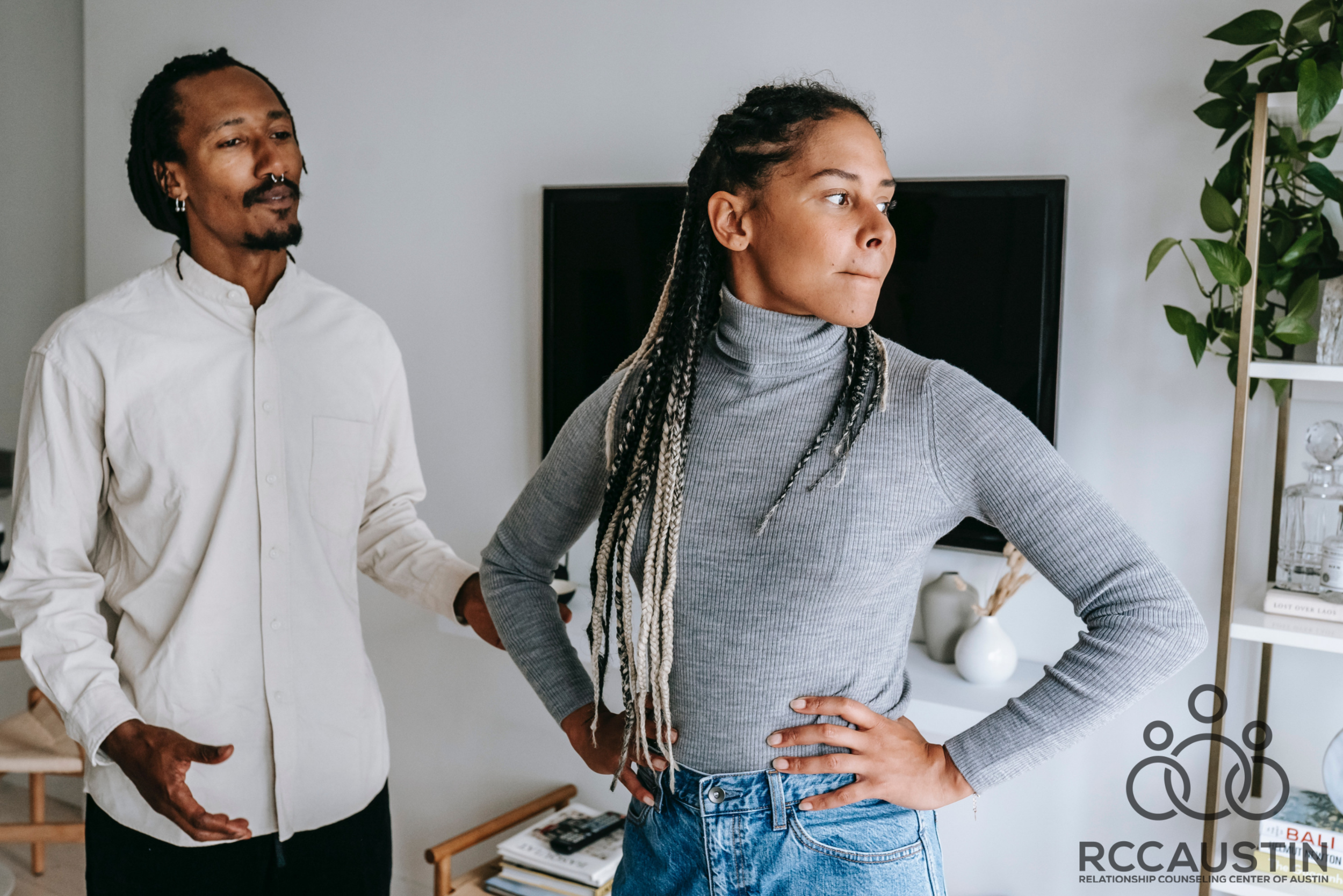When we think of relationships, we tend to picture a couple who gets along well, listens to each other, and has a mutual feeling of respect. While these elements often exist in relationships, this mindset tends to idealize and gloss over issues or tensions that many couples have, too.
Any couple will experience their share of fights, disagreements, and frustrations. Some couples take it a step further, however, and seem to always initiate conflict. So how can you tell if you and your partner are a high-conflict couple? Here are five clear signs:
1. You Fight Nearly Every Day
Unsurprisingly, one of the most obvious signs that you’re in a high-conflict relationship is if you fight often. Every couple will fight sometimes, and it’s typically healthy to do so. High-conflict couples take it to the next level, however, and pick fights nearly every day.
Do you find yourself starting a fight for no reason? Does your partner instigate fights? Do you ever reach a genuine conclusion, where one or both parties apologize and acknowledge their wrongdoing? If any of these questions remind you of your relationship, then it could be a sign that you’re a high-conflict couple.
2. No One Wants to Admit They’re Wrong
Some people have an easy time recognizing where they went wrong and apologizing for it. Others are stubborn and won’t admit any wrongdoing even when it’s obvious. If one or both people in a relationship have difficulty admitting wrongdoing, it doesn’t bode well for happiness or managing conflict and healing after conflict.
No one is perfect, and it’s impossible to never be in the wrong. When it comes to relationships, the ability to apologize is crucial. If you, your partner, or both of you tend to avoid apologizing or admitting you were in the wrong, it could be a sign that you’re in a high-conflict relationship.
3. You Feel Unstable in Your Relationship
When you feel instability in your life, it stems from uncertainty or anxiety. We feel stable when we have safety, security, and steadiness in a relationship. When we don’t have that, it leads to uncertainty, which causes instability, which causes anxiety.
If you feel frequent instability in your relationship, it could be because it’s high conflict. One minute, you and your partner are laughing and getting along. The next minute, someone is angry, and a fight breaks out. This emotional back-and-forth is not only draining, but it’s dangerous, as it can lead to emotional and mental health problems.
4. Other People Notice the Tension
When we fight with our significant other, we typically try to keep it private. When we witness bickering between a couple, we may even shrug it off. After all, every couple has its moments, right? However, if you’re a high-conflict couple, your fighting may start to bleed into your social life, and friends and family may take notice. If your fighting has gotten so bad that friends or family go out of their way to talk to you about it, you should make deeper considerations about your relationship.
5. Your Future as a Couple is Fuzzy
Do you feel confident about your relationship’s future one minute, and then uncertain the next? If so, it could be a sign that you’re in a high-conflict relationship. Though you are committed to one another, something always comes up that makes you question your future. It may be a fight, annoyance, or general uncertainty that makes you feel this way. When the future feels fuzzy, it’s hard to make plans and stick with them. This uncertainty may even lead to frustration, which you might take out on your partner.
If you think you may be in a high-conflict relationship, there is hope. By recognizing the problem and seeking couples counseling, you can work together to find meaningful, long-lasting solutions. Relationships shouldn’t be full of non-stop conflict, and there are ways to fix even the most tumultuous issues. Consider counseling to help get on the same page and ease conflict in your relationship.
Sylvia Beligotti, MA, LMFT Associate, works with couples at the Relationship Counseling Center of Austin who experience heightened conflict in their relationship. If you see yourself and your partner reflected in these signs of high conflict couples, relationship counseling could provide clarity and a deeper understanding of one another. To schedule an appointment with Sylvia, call her at (512) 270-4883, ext. 128, or request an appointment on the RCC Austin Scheduling page.





